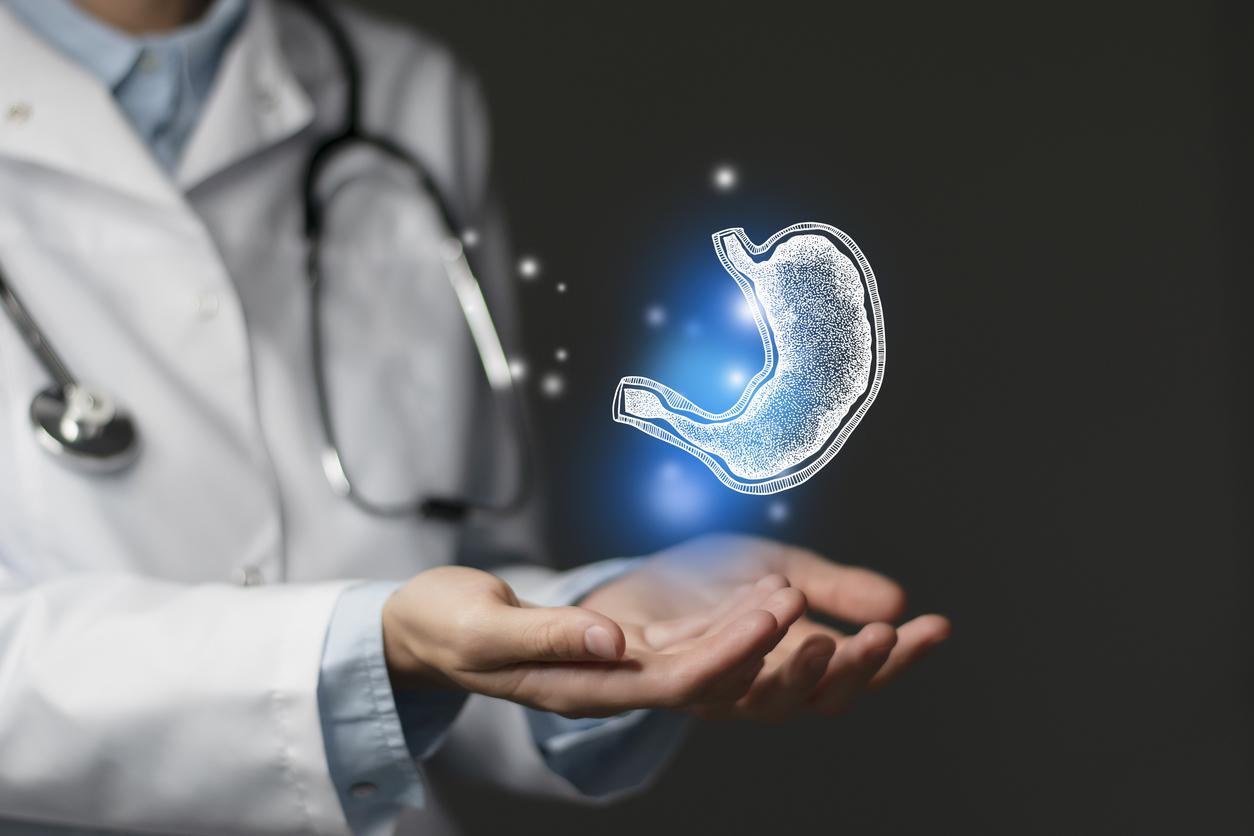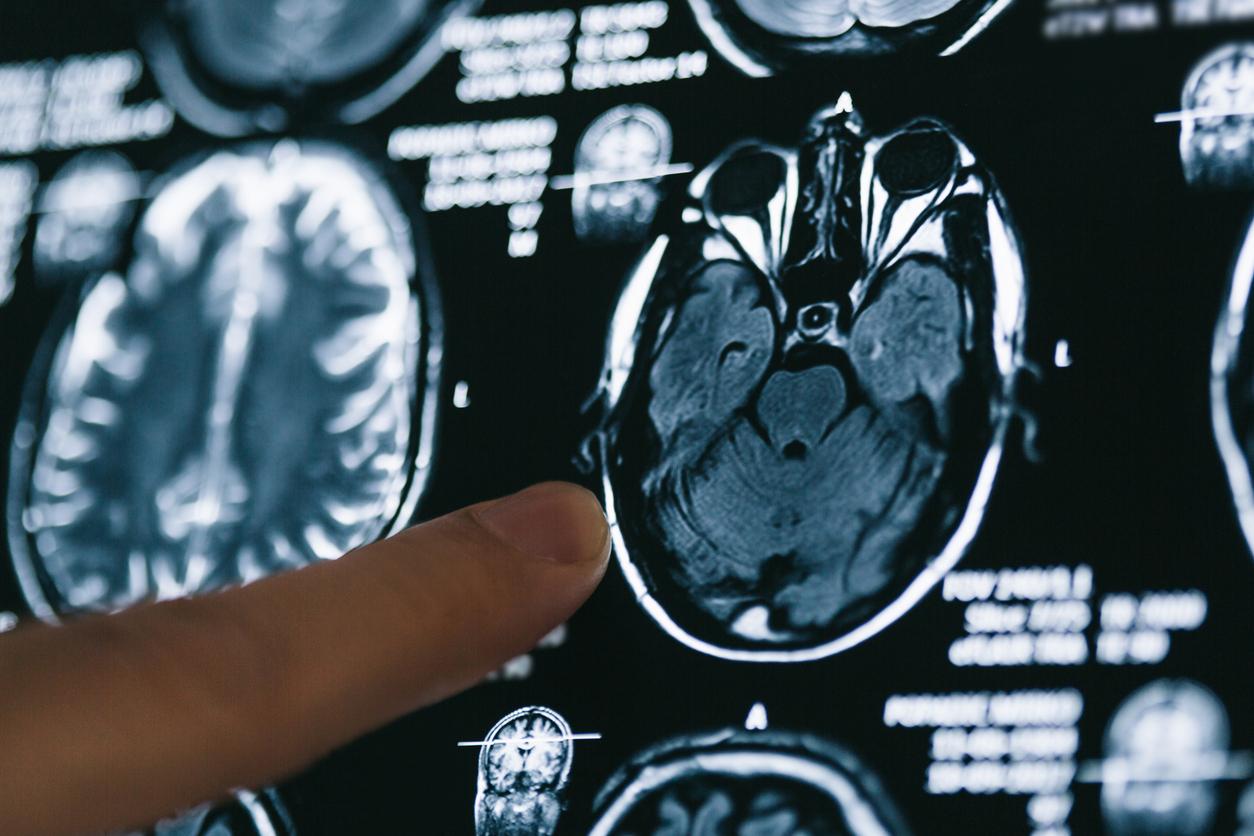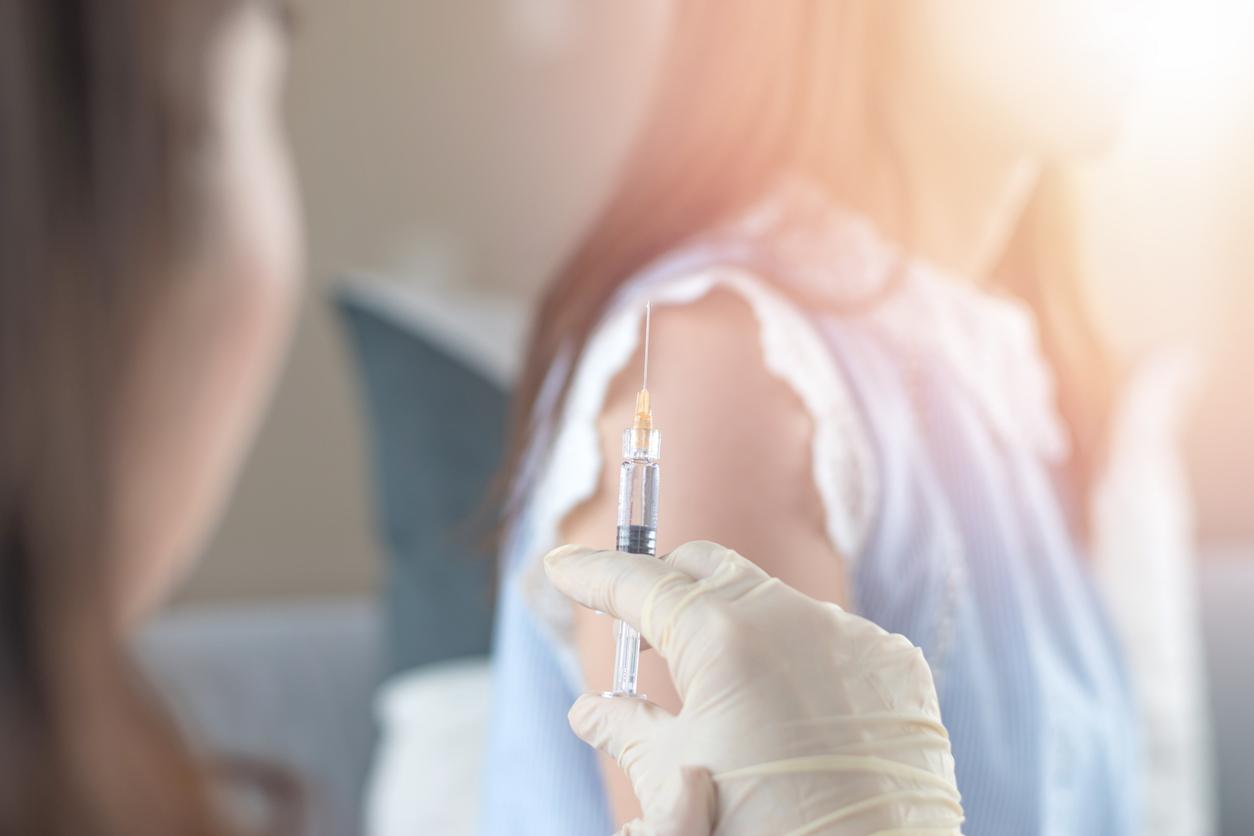The 3rd national plan for rare diseases was launched on Wednesday July 4. It will be endowed with 700 million euros over five years (2018-2022), of which 20 million will be devoted solely to research.

55 measures to fight rare diseases and improve care for those affected. This is what is proposed by the new plan for rare diseases announced on Wednesday July 4, by the Ministry of Solidarity and Health. It will be endowed with 700 million euros, of which 20 million will be specifically dedicated to research.
[Communiqué] The 3rd national plan on #RareDiseases 2018-2022 has one ambition: to share innovation, diagnosis and treatment for everyone. >> https://t.co/1uI8sArrAc
CC @MinSoliSante https://t.co/5fOIQY50QS– Sup-Recherche-Innov (@sup_recherche) July 4, 2018
Three million patients in France
Lhe rarity of a disease is defined according to European legislation by a prevalence below a threshold of 5 people affected out of 10,000, or when a pathology affects one in 2,000 people. 80% of them are genetic. In half of the cases, it is children under the age of five who are affected. There are around 7,000 rare diseases in France, for around three million patients.
Eleven areas for improvement
Two national plans against rare diseases have followed one another since 2004 – the last one was completed in 2014. This new plan, called PNMR3, should “reduce diagnostic error and position us at the forefront of the organization of care and research in Europe “, according to the Minister of Health Agnès Buzyn. Eleven areas for improvement have been defined. They concern in particular the improvement of the diagnosis because patients often wait years before knowing what disease they are suffering from, which is called diagnostic error. The diagnostic deadlock concerns cases where the precise cause of the disease is not identified. To facilitate research, data sharing will also be developed.
Patient care should start no later than one year after their first consultation with a specialist, compared to an average of five years today for 25% of them. Neonatal screening will also be stepped up. The PNMR3 aims to better support patients and their families, first of all by making information more accessible thanks to certain platforms such as Orphanet, Rare diseases info services, etc., and by better supporting people with disabilities linked to their illness. sickness (access to benefits, special mechanisms and rights).
French leadership
In France, there are 23 rare disease sectors, 110 established networks, 387 reference centers and 1,800 competence centers. The ministry evokes a “French leadership” which it wants to strengthen, in particular by a French research program devoted to diagnostic dead ends carried out in connection with other European and world initiatives. This plan was carried out by Prof. Yves Levy, president of Aviesan and husband of Agnès Buzyn and Sylvie Odent, head of the clinical genetics department of the Rennes University Hospital.
.















